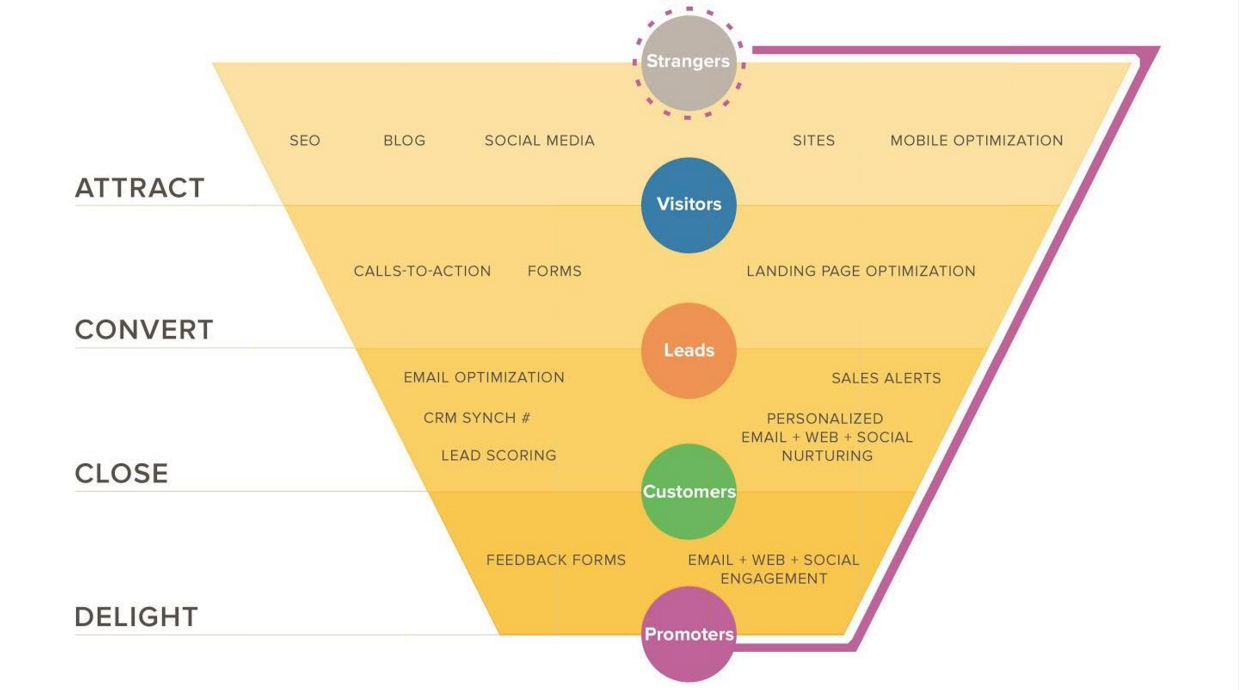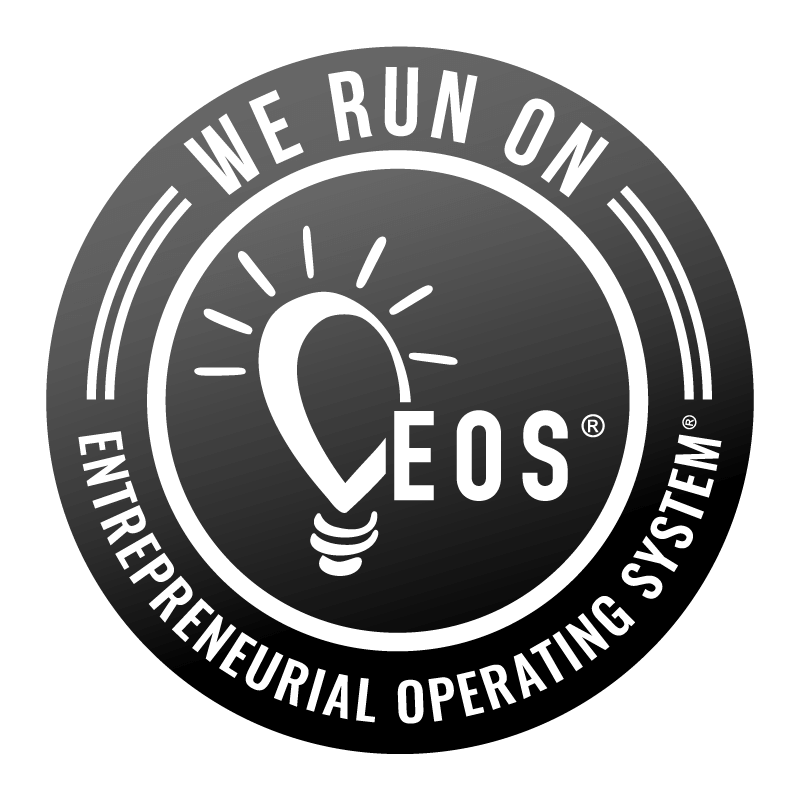Imagine an aspiring pasta chef honing their craft in a quaint Italian village. Looking for inspiration, Apprentice Pasta Maker Aziz searches Google for “types of pasta.” His search returns 4,190,000 results. He finds the perfect article: 12 Types Of Pasta Noodles And When To Use Them. He clicks the link and finds his inspiration, an article that explains a dozen different types of pasta and recipes that bring out the best in each. He has his inspiration.
Aziz was just inbounded, and he didn’t even know it. (Sidenote: I just watched the second season of Master of None. Five stars. Watch it now.)
Back to the blog. Plated is a food delivery service that offers chef-designed recipes and precisely measured ingredients. Morsel is their blog. Their pasta article opened a door to a new potential customer by providing helpful information. There wasn’t an ounce of selling involved.
Inbound marketing is often called “pull marketing.” It pulls customers in through helpful and relevant content. Done right, inbound generates high-quality sales leads. It turns strangers into customers and promoters of your business through blogs, search engines, and social media.
Inbound vs. Outbound Marketing
Envision a packed stadium filled with 50,000 Guns N’ Roses fans. Axl Rose is on stage screaming out the lyrics to Welcome to the Jungle while Slash wails away on his guitar. The song is heard throughout the arena with the help of dozens of high-powered speakers. The entire audience hears the one song at the same time. If you’re me, you’re in heaven.
Now imagine you’re my teenage son. You’re 13 years old. You’re not digging Guns N’ Roses as much as me, so you pull out your iPhone. You plug in your earbuds and hit play on XO TOUR Llif3 by Lil Uzi Vert. Clean version of course. You’re a happy camper now.
The GNR concert is outbound marketing. Your iPod is inbound.
Outbound marketing is the traditional form of marketing where a company initiates the conversation and sends its message out to an audience. Outbound is also called “push marketing.”
Inbound marketing shifts the traditional marketing paradigm from pushing information out to pulling in customers. By creating content specifically designed to appeal to your ideal customers (a.k.a. buyer persona), inbound attracts qualified prospects to your business.
Types of Inbound and Outbound Marketing
Examples of both inbound and outbound marketing approaches are below:
|
Inbound Marketing
|
Outbound Marketing
|
Websites can be either inbound or outbound depending on how the content is structured.
Inbound Marketing Process
Inbound leads buyers through your sales funnel, the buying process that companies lead customers through when purchasing products. A sales funnel is divided into several steps, which differ depending on the particular sales model.
The inbound marketing process is comprised of four stages or actions:

- Attract
We don’t want just any traffic to our site; we want the right traffic. We want the people who are most likely to become leads and, ultimately, happy customers. Who are the “right” people? Our ideal customers, also known as our buyer personas. Buyer personas are holistic ideals of what your customers are really like, inside and out. Personas encompass the goals, challenges, pain points, common objections to products and services, as well as personal and demographic information shared among all members of that particular customer type. Your personas are the people around whom your whole business is built.
- Convert
Once you’ve attracted website visitors, the next step is to convert those visitors into leads by gathering their contact information. At the very least, you’ll need their email addresses. Contact information is the most valuable currency there is to the online marketer. So in order for your visitors to offer up that currency willingly, you need to offer them something in return! That “payment” comes in the form of content, like e-books, whitepapers, or tip sheets – whatever information would be interesting and valuable to each of your personas.
- Close
You’re on the right track. You’ve attracted the right visitors and converted the right leads, but now you need to transform those leads into customers. How can you most effectively accomplish this feat? Certain marketing tools can be used at this stage to make sure you’re closing the right leads at the right times.
- Delight
The inbound way is all about providing remarkable content to your users, whether they be visitors, leads, or existing customers. Just because someone has already written you a check doesn’t mean you can forget about them! Inbound companies continue to engage with, delight, and (hopefully) upsell their current customer base into happy promoters of the organizations and products they love.
Source: HubSpot
Benefits of Inbound Marketing
Why inbound? Inbound marketing is a mindset. It has many benefits including:
- Building rapport with your audience.
- Growing your social media presence.
- Generating quality sales leads.
- Converting website visitors to customers.
Inbound Marketing Software
The right inbound marketing software can make sales team’s job easier by providing an inbound framework and automating the follow-up process. It’s a tool, not a silver bullet. The top platforms include HubSpot, Pardot, Infusionsoft, Marketo, and Act-On.
Conclusion
Inbound marketing is not about you. It’s about your audience and those hand-crafted personas like Apprentice Pasta Maker Aziz. Inbound creates content that moves your audience to action.
One size does not fit all. Any good marketing plan contains both inbound and outbound marketing techniques. The key is balance.
Thanks for reading this blog post. You were just inbounded. You know that now. It felt kinda good, admit it. Want to learn more? Click the button below.
By Jason Piasecki, Partner + Inbound Marketer











